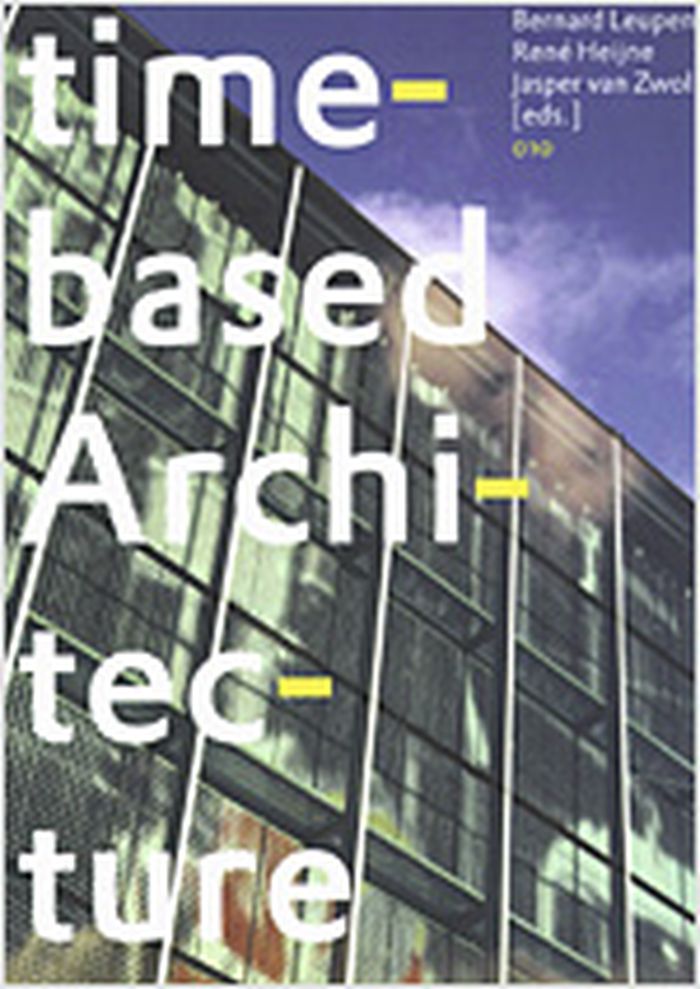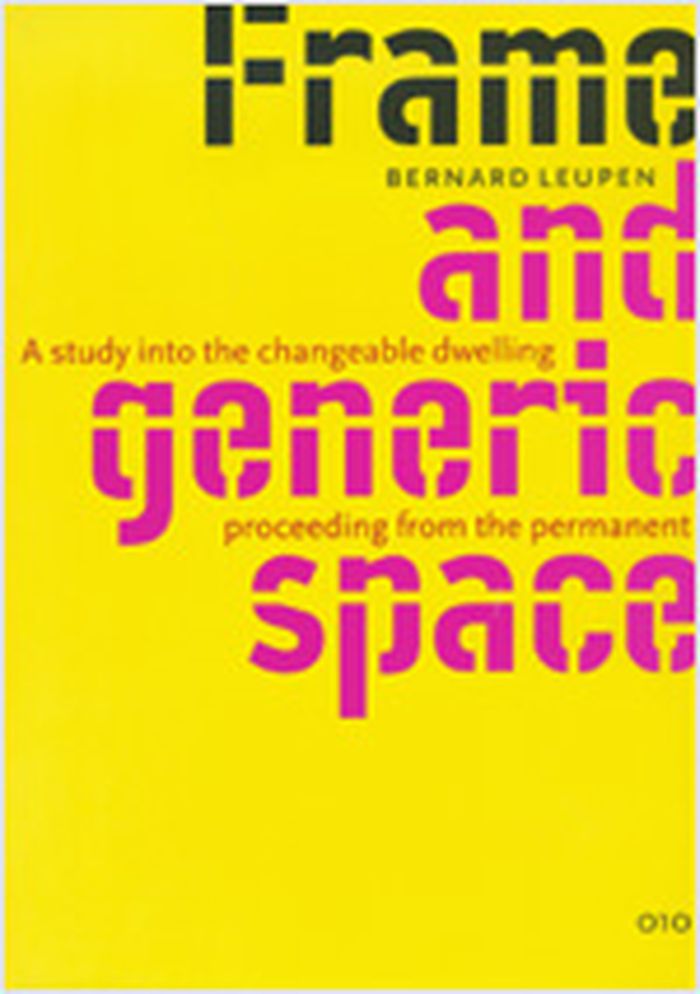Time-based architecture
$49.50
(available to order)
Summary:
In the course of the 20th century it became increasingly clear that architecture is by no means a timeless medium. The late 1960s in particular were marked by research into techniques that would allow buildings to be adapted to suit the requirements of the day. This often led to buildings that were programmatically neutral and characterless. The new challenge facing(...)
Architecture since 1900, Europe
January 1900, Rotterdam
Time-based architecture
Actions:
Price:
$49.50
(available to order)
Summary:
In the course of the 20th century it became increasingly clear that architecture is by no means a timeless medium. The late 1960s in particular were marked by research into techniques that would allow buildings to be adapted to suit the requirements of the day. This often led to buildings that were programmatically neutral and characterless. The new challenge facing architects is designing for the unknown, for the unpredictable. 'Form follows function' is giving way to concepts like polyvalence and semi-permanence. New spatial and constructional structures generate freedom, taking time as their departure-point. Alongside theoretical reflections on such time-based architecture, this book illustrates countless projects involving the time factor, ranging from Shigeru Ban's Naked house, an apartment building in Malmö by Gert Wingardh and Kas Oosterhuis's Emotive house to OMA's mixed-use complex 'De Rotterdam'.
Architecture since 1900, Europe
books
Design and analysis
$67.50
(available to order)
Summary:
An interdisciplinary exploration of the methods used by architects, designers, urban planners, and landscape architects to understand the structure and principles of the built environment.
Architectural Theory
September 1997, Rotterdam
Design and analysis
Actions:
Price:
$67.50
(available to order)
Summary:
An interdisciplinary exploration of the methods used by architects, designers, urban planners, and landscape architects to understand the structure and principles of the built environment.
books
September 1997, Rotterdam
Architectural Theory
$51.95
(available to order)
Summary:
The average lifespan of a house is somewhere around 100 years. During that time it will see many mutations in household make-up and the associated spatial rituals. So designers are faced with the task of giving form to something that is constantly subject to change. Many studies into flexibility focus on the changeable, on movable partitions and variation in the internal(...)
Frame and generic space : a study into the changeable dwelling proceeding from the permanent
Actions:
Price:
$51.95
(available to order)
Summary:
The average lifespan of a house is somewhere around 100 years. During that time it will see many mutations in household make-up and the associated spatial rituals. So designers are faced with the task of giving form to something that is constantly subject to change. Many studies into flexibility focus on the changeable, on movable partitions and variation in the internal layout. The present study takes not the changeable but the permanent as its departure-point. The permanent, meaning the more durable component of the house or building, constitutes the frame within which change can take place. The frame defines the generic space, the space in which change can occur. Design by Piet Gerards.
Architectural Theory

